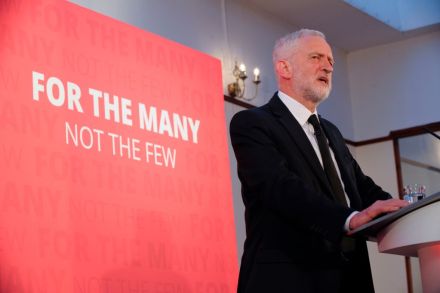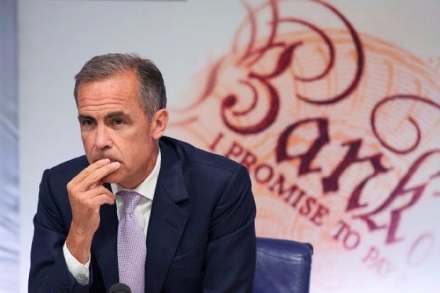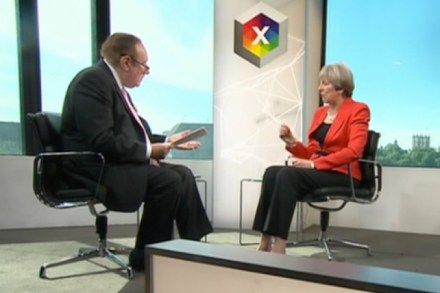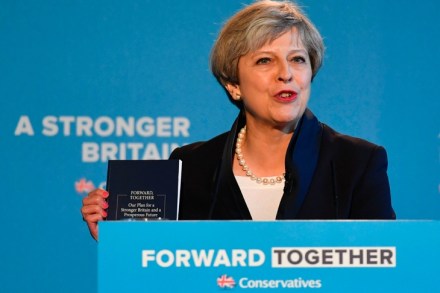Is Jeremy Corbyn really out to help the poor?
Is Jeremy Corbyn really out to help the poor – or just to entice the middle classes into his big socialist tent? I ask because the more you examine the manifesto he keeps waving before the television cameras, the more it seems to be designed around giving benefits to the better-off. These won’t come without cost, of course – the better-off will also be paying for the benefits which Corbyn is dangling before their eyes, in the form of higher income taxes, and possibly new wealth taxes, too. But for the moment, it seems to be the potential handouts which are making Labour headlines rather than the prospect of higher





















